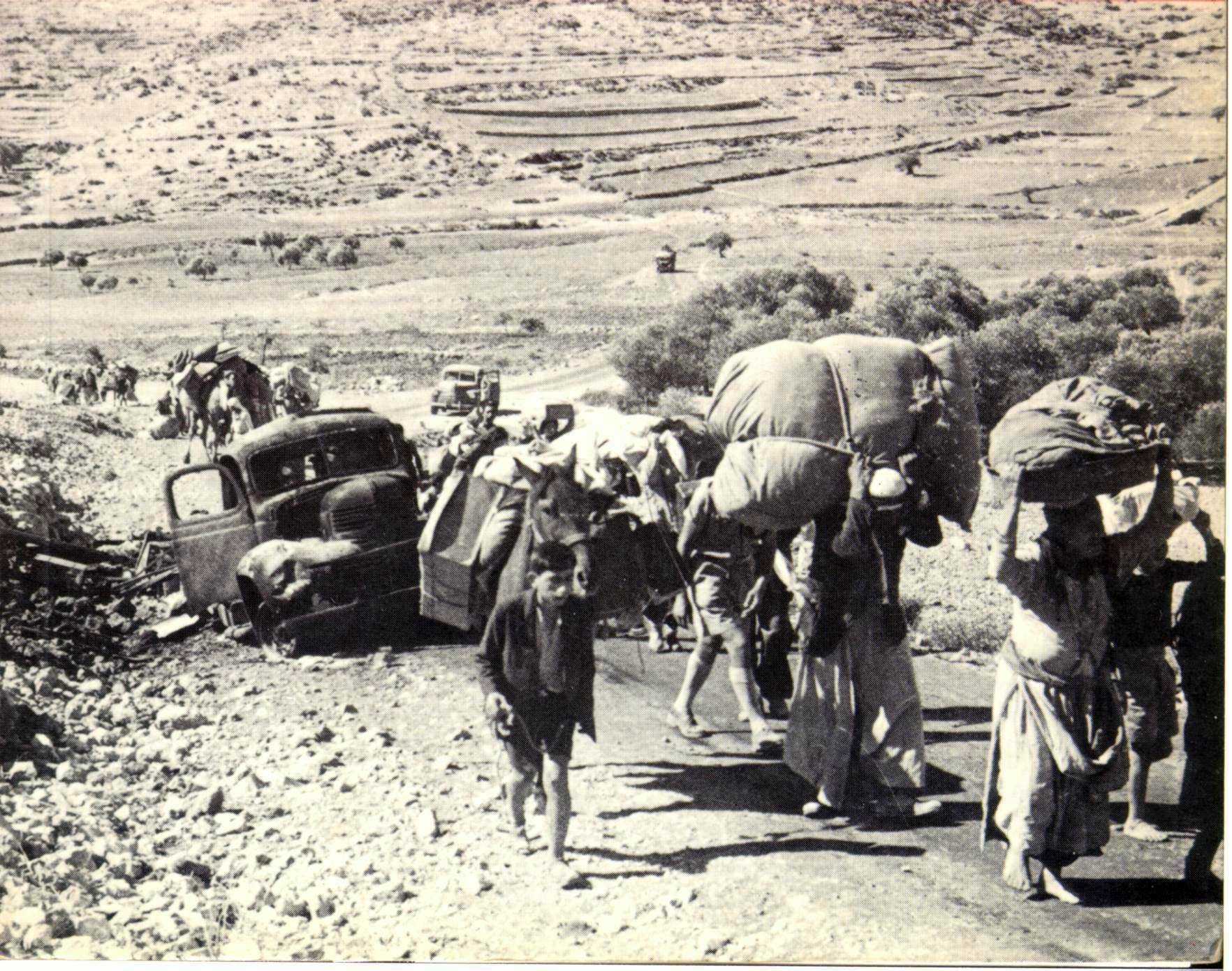U.N. Resolution 194 Offers “Option of Return” if Palestinians Wish to Live in Peace

December 11, 1948
The United Nations General Assembly passes Resolution 194, addressing “the situation in Palestine” amid the ongoing Israeli War of Independence, on a vote of 35-15 with eight abstentions. The resolution never references Israel by name and never talks about partition, as endorsed by the United Nations a year earlier, but it uses “Palestine” more than a dozen times.
The resolution’s most enduring article is the 11th, which addresses the status of refugees. The text reads, “Refugees wishing to return to their homes and live at peace with their neighbors should be permitted to do so at the earliest practicable date, and that compensation should be paid for the property of those choosing not to return and for loss of or damage to property.” Palestinians interpret that clause as endorsing an unlimited “right of return” for Palestinian refugees and their descendants who wish to live in what is now Israel, while Israel points to the reference to compensation as an alternative and to the phrase “live at peace with their neighbors” as giving the Israeli government say over who may return.
The responsibility for repatriation, resettlement, and economic and social rehabilitation of Palestinian refugees falls to a new Conciliation Commission, whose creation and functions are the focus of most of Resolution 194. The commission is to be composed of representatives of three nations, later named as Turkey, France and the United States. The commission is tasked with resolving all issues standing in the way of peace and overseeing the implementation of the full resolution.
The resolution calls for the protection of and free access to all holy sites, specifically including Nazareth. It reiterates the U.N. position that the Jerusalem area, including Bethlehem, should be demilitarized and placed under international jurisdiction.